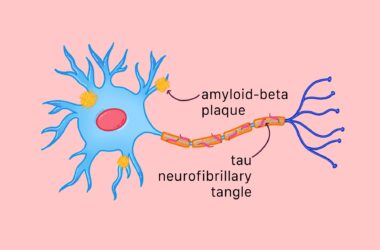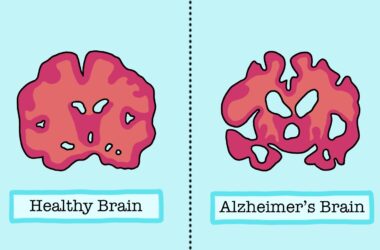On Nov. 23, McGill’s Faculty of Medicine and Health Sciences hosted an event titled “How do we handle disinformation agents in public health? Understanding the challenges and tackling mis and disinformation in public health.” The faculty invited public health experts from universities across Canada to discuss the rise in health misinformation as well as strategies to address challenges associated with science communication and public health messaging. Some of the topics they explored included COVID-19 vaccines, systemic marginalization and epistemic trespassing.
Timothy Caulfield, a professor in the Faculty of Law and the School of Public Health at the University of Alberta and Canada Research Chair in Health Law and Policy, began by highlighting popular myths about COVID-19 vaccines. These myths ranged from the vaccines’ supposed magnetic effects to infusing vaccines in salad dressings and detoxing vaccines with snake venom kits, bleach, or cupping.
“The public has been subjected to misinformation even though it is absurd. This absurdity has spilled over into how people think about vaccines and, more broadly, public health,” Caulfield said. “This spillover effect is impacting the uptake of vaccines around the world. Although the reduced vaccine uptake is caused by a multitude of factors, it is almost entirely the result of misinformation.”
In addition to an increase in vaccination hesitancy, the spread of health-related misinformation has other negative consequences, including mental health problems and hateful rhetoric.
“The current head of the [U.S. Food and Drug Administration] believes that the decrease in life expectancy of around 25 years in the United States is a direct result of the spread of misinformation,” Caulfield noted.
Social media stands out among other sources of misinformation like websites, social groups, and podcasts because of how widely and aggressively its algorithms can push fake news. Caulfield pointed out that about 20 per cent of the content that the algorithms push out contains some degree of misinformation; this figure is closer to 50 per cent for content related to COVID-19 vaccines. Celebrities wield significant influence on the spread of misleading information with 20 per cent of all misinformation stemming from a celebrity.
Annick Gauthier, a virologist and physician in McGill’s Department of Family Medicine, followed by discussing the role of youth education in combating inaccurate information.
“I’ve always believed that educating youth is the best way of educating everyone. If we teach the children critical thinking skills, such as where you get your information from and how you judge the information, that actually spreads into the families,” Gauthier explained.
Ananya Banerjee, an assistant professor in McGill’s School of Population and Global Health, brought another perspective on ways to address the spread of false information. She shared her first-hand experience working with trusted community leaders in systemically-marginalized communities, such as Parc Extension, who have historical mistrust in medicine and science.
The vaccination rate in Parc Extension was falling behind when COVID-19 vaccines first rolled out. However, it rapidly caught up and exceeded the overall rate in Greater Montreal due to the powerful role community leaders played in conveying public health messages.
“We need to invest more in trusted community leaders and make them health ambassadors to help overcome misinformation,” Banerjee suggested.
Following this, Madhukar Pai, Canada Research Chair in Epidemiology and Global Health at McGill, pinpointed a key cause of misinformation: Epistemic trespassing—when people step into domains where they lack expertise.
“When you jump into an area that is not yours, you can do serious harm,” Pai said. “I really want scientists, doctors, and other health professionals to become a lot more critical in how we think about [vaccines] and not jump into epistemic trespassing.”
Overall, this event encouraged the audience to reflect on their own encounters with health misinformation, especially during the COVID-19 pandemic, and pointed to concrete actions that both academics and the wider public can take to promote a healthier information landscape.









